This is the story of 11 Syrian and 1 French friends. The journal from their trip, from July 15 to August 15, passing the borders, from Turkey to Syria.
***
(Nafar in arabic is the one without name, without right, a number in the mass, and it is how the smugglers are calling their clients, in arabic. “He is only a pocket of money”).
Part 2: Greece
Mytilene, Lesbos Island: Welcome to Europe
For Part 1: Izmir. Destination: Greece. click here.
Güncenin Türkçesi için burayı tıklayınız.
We arrived to the island of Lesbos in the middle of the night, and reached by foot the city of Mytilene on the next morning. We saw a fisherman taking the boat that we used to cross the sea, another example of the parallel economy that is running on the back of the migrants.
On the Greek islands, the process is: once you arrive, you can register to the local authorities; they will bring you to a camp (when there is one), and you will receive an official paper that legalizes your situation within some days. With this document you can stay legally in the country for a certain period of time, while your asylum process goes on. In practice, most of the migrants use this paper to travel in the country and continue their journey. Few of them decide to stay in Greece, where both the asylum conditions and the job opportunities are poor.
Greece is officially part of Dublin II regulation (European law who states that the refugee has to ask for asylum in the first country he/she arrived), but in 2011 the European Court of Human Rights decided that Greece was violating the basic human right of the refugee, and since then the deportation back to Greece stopped in most of the European countries. All European countries ratified the 1951 Refugee Convention of 1951 and have the duty to receive the refugees, but to request asylum to a country you need to get there. You are then forced to cross the borders illegally and risk your life to be able to ask for your right.
While we were getting registered in the police station, the French friend from the group took a ferry that lasted 1 hour and 40 minutes (compared to 4 hours for the rest of us), paid 25 Euros instead of 1250 dollars, and only needed to show her passport to enter Greece. We are not all equal when facing with the borders, and freedom doesn’t mean the same thing for all.
One day later, five of us went to the camp to wait for the documents while the rest of the group rested on a beach. Everyday around 1000 migrants arrive to the Lesbos Island. There are two different camps in the island: one for the Syrians and one for the migrants from other nationalities. The procedure for the Syrians is both quicker and easier. You can receive your document within 2 days while the others might wait for some weeks. The Syrian camp of Lesbos is an open camp. The camp’s infrastructures are very poor and with few tents; toilets in horrible conditions, and most of the migrants prefer to sleep outside. A group of volunteers and of migrants is still trying to keep the place clean and “livable”.
Inside the camp, you can hear all the different stories about the crossing between Turkey and Lesbos Island. Some people passed 12 hours in the sea, some got attacked and lost everything, including their papers and money. The majority of the migrants are young men, but you can also see a lot of families, some pregnant women and elderly people. We learned that the day we arrived that an old man died in the camp. Two members of his family were also in the camp, and we can’t imagine their pain, being here, so far from their own land and family.
Despite the poor conditions, the atmosphere is much more joyful than what we experienced back in Izmir. Finally all those people made it. They all arrived to Europe. The way in the sea is in the past.
Around 6pm, the police arrived to the camp wearing hygiene masks (very welcoming) and began to call one by one of the 400 Syrians that had arrived on the same day than us to give them their document. We got very happy and excited when our turn came and decided to celebrate with some very nice people we met in the camp. No doubt we will all remember this party for all our lives. We felt that in this day our lives changed. We didn’t know what would happen next, but for sure it could never be the same as the day before. We stayed one more day in Mytilene because we loved this place, because we could enjoy the great food, because of the beach and the sea, we could almost fooled ourselves and believe we were on vacation. We all decided that once we would have our refugee status and have more freedom of movement, we would go back here. It is a very beautiful place. We still had to face racism when an employee tried to kick us out from an open and free beach, but we were then feeling powerful, with our legal paper in hand, enough to fight back and win our case.
We finally got on the ferry to Athens, ferry overcrowded with hundreds of people hoping for a better future.
***
“11 Nafar and 1 human”
We are a group of 12 people, 12 young persons full of hope and dreams, that met in Syria or in Turkey, and decided to go together to Europe. In the group, there is a doctor, a judge, 2 architects, a lawyer, 1 painter, 1 designer, a film maker, a social worker, a cook, an actor and a first-aider. Half of the group couldn’t continue their studies because of the war. Most of them escaped to Turkey some years before the decision to try their chance and cross the sea. But staying in Turkey means accepting to stay where there is no opportunity to work legally or to study. It means accepting to wait, only wait, for the situation to change. But our youth won’t last that long. In the group there are 11 Syrians and one French. For her, with her passport, the borders are open. In this system she is a human, she has the right and the possibility to be wherever she wants to. For different reasons, but with the common will of living this experience all together, we left Istanbul and are now on our way to a country where the nafarats could be humans again. At least, this is the goal.
(Yeşil Gazete, Migrant Solidarity Kitchen)

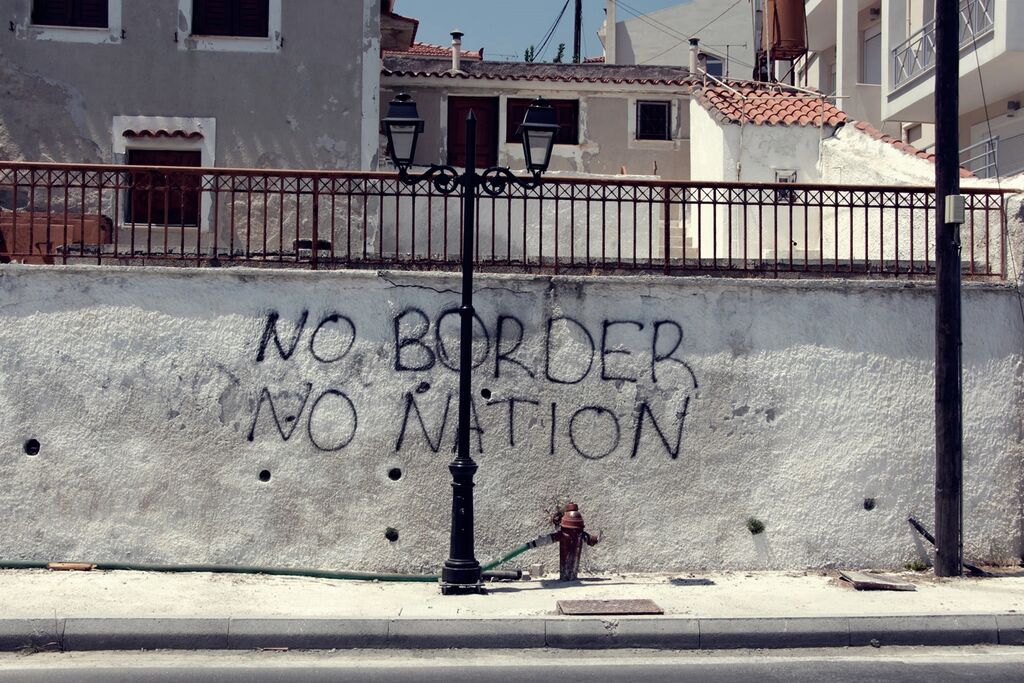

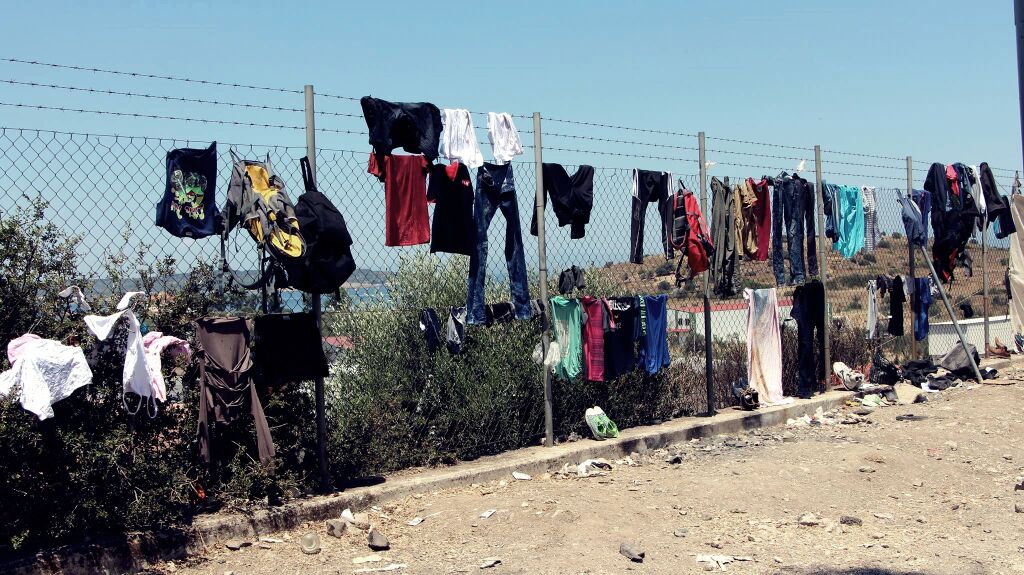
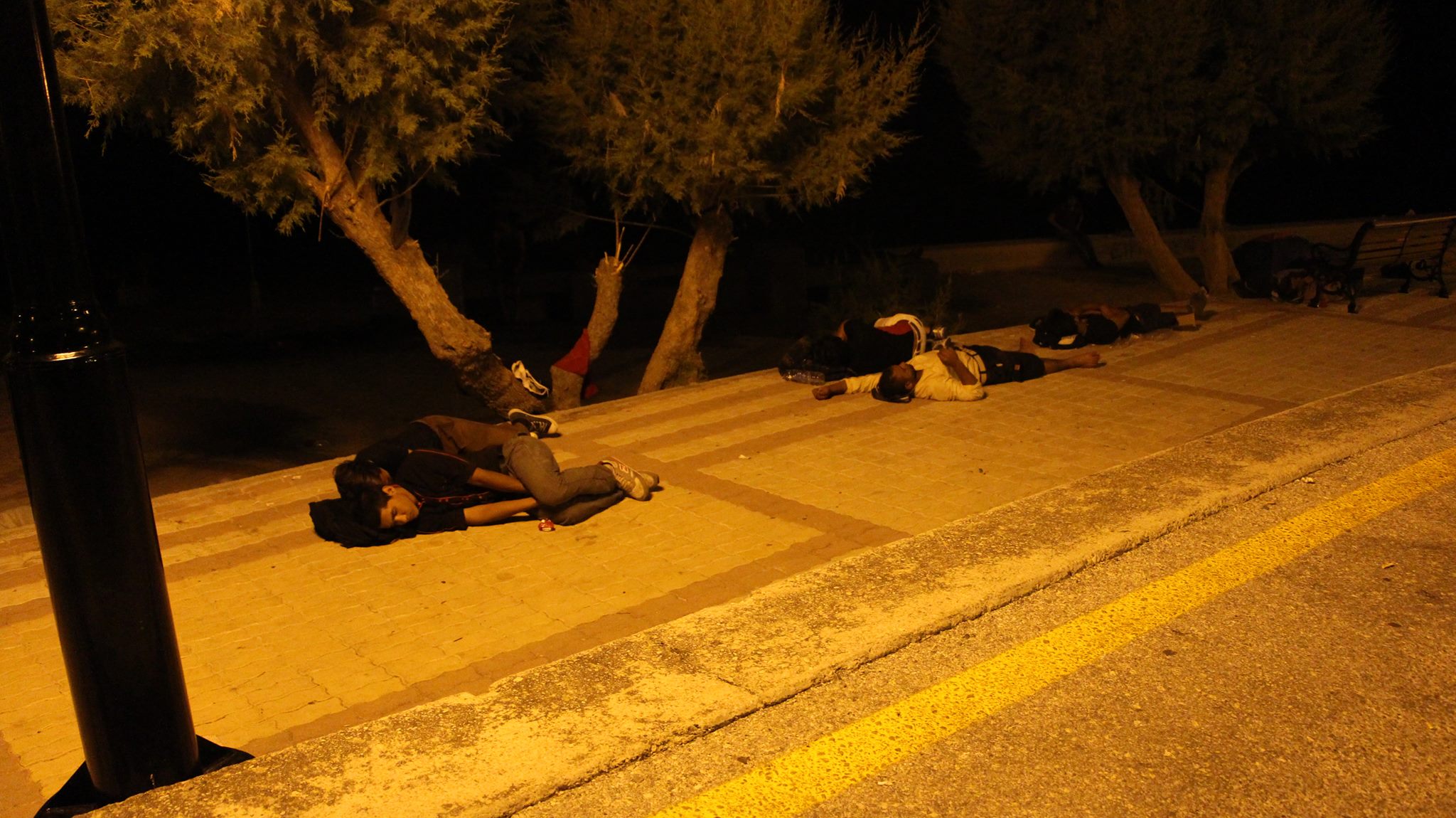
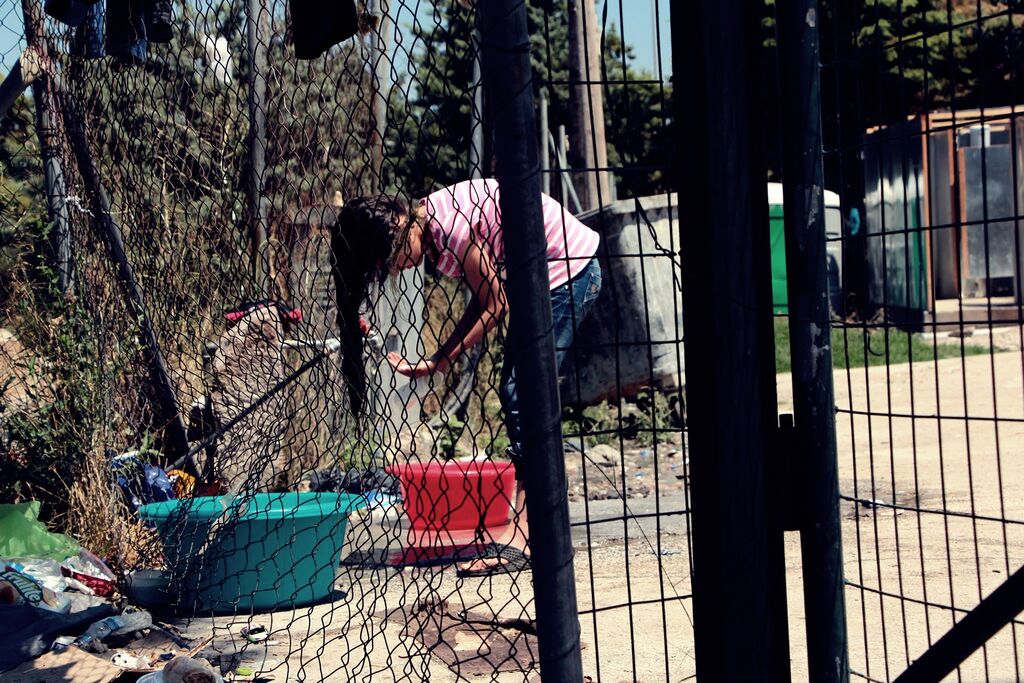
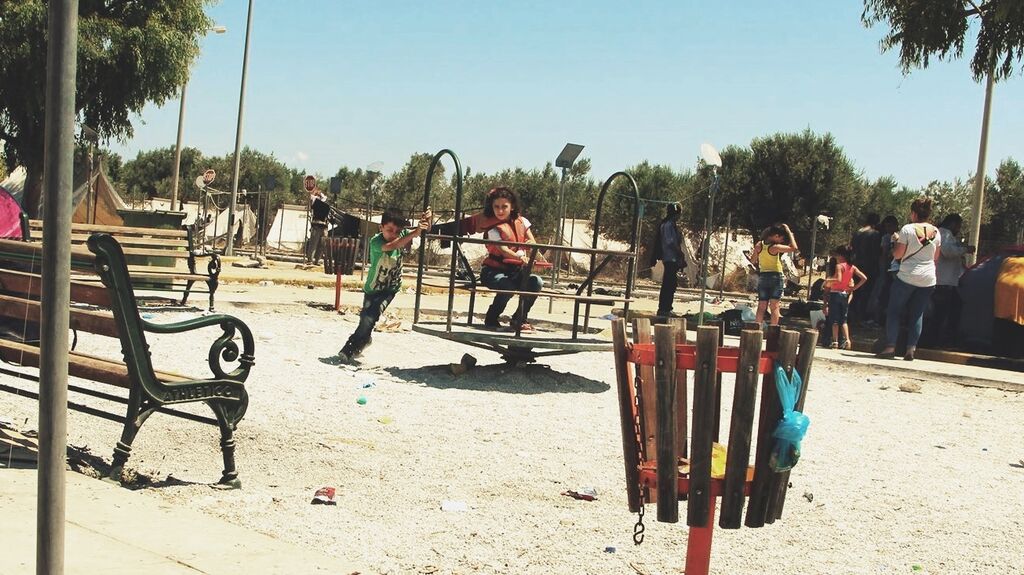
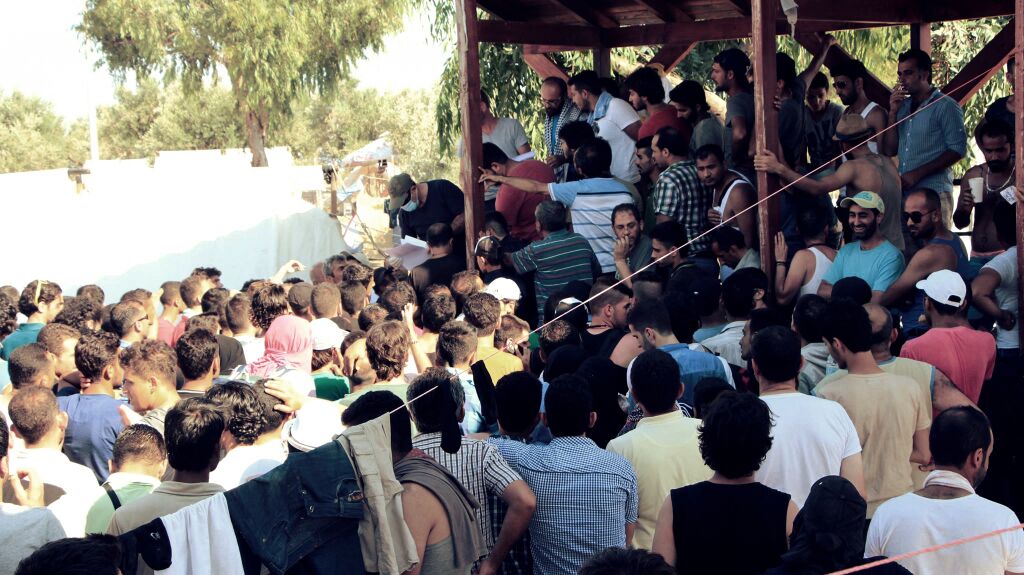
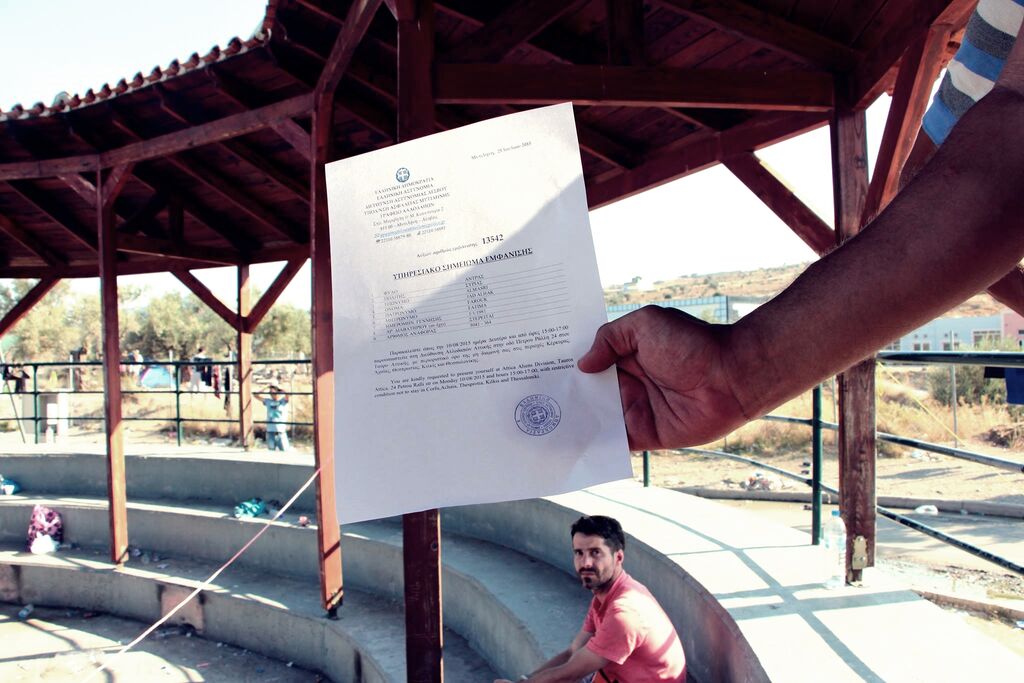
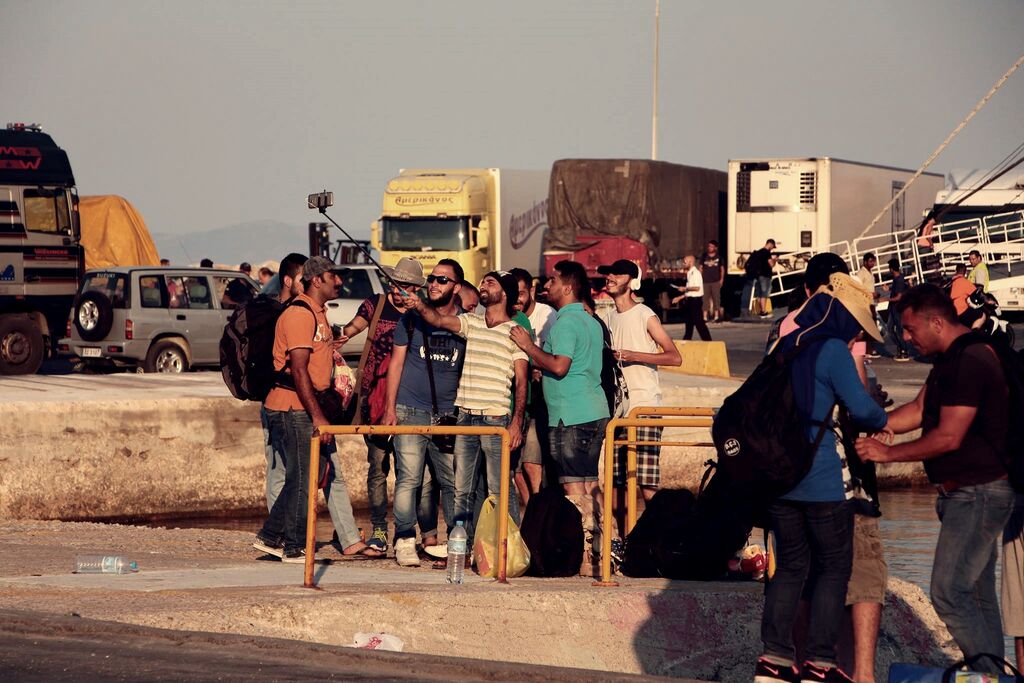
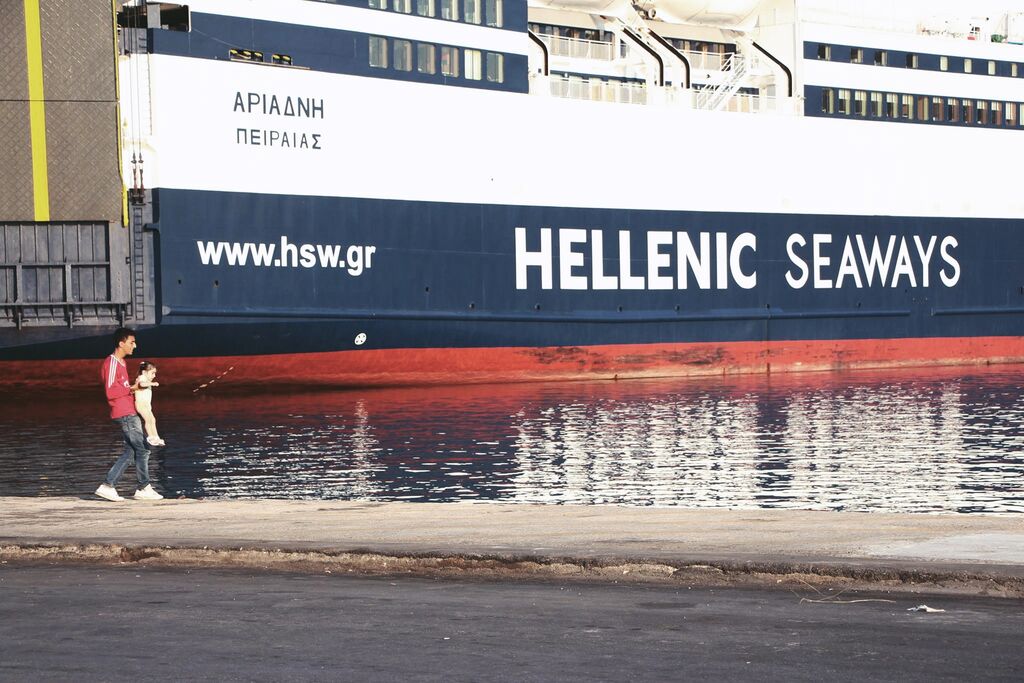
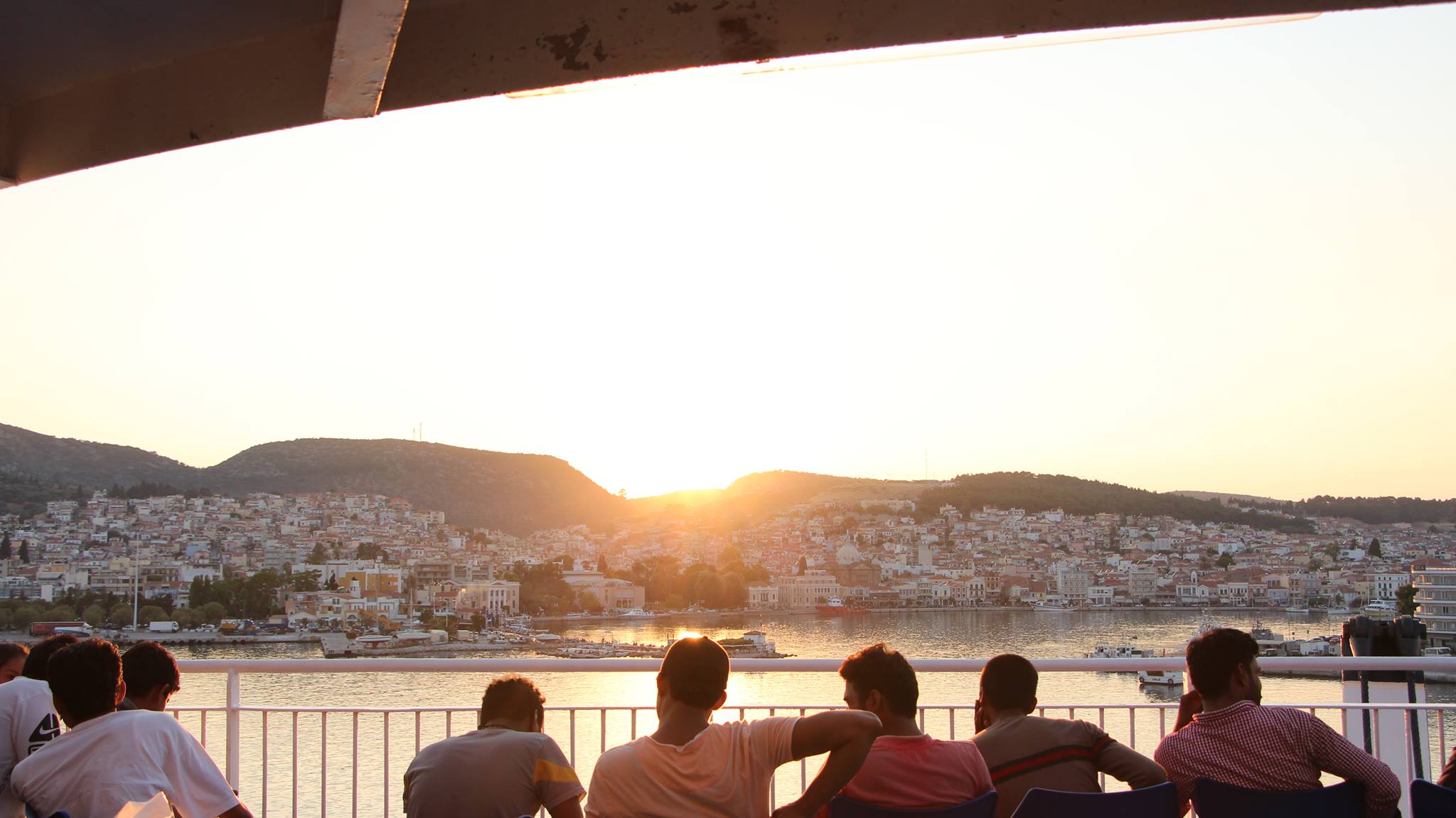
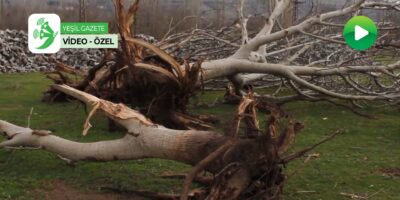
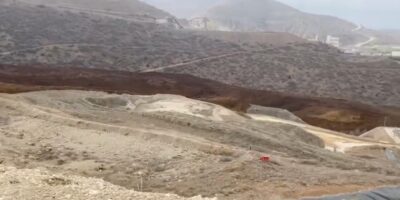
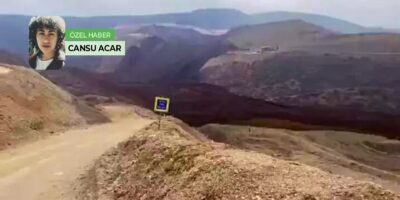
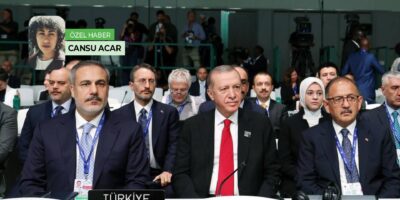
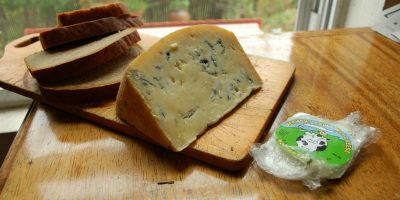
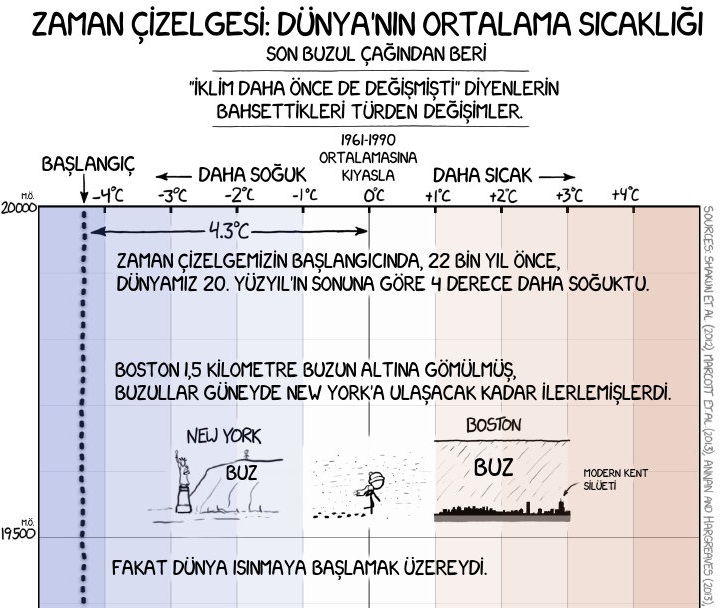


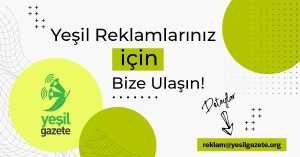
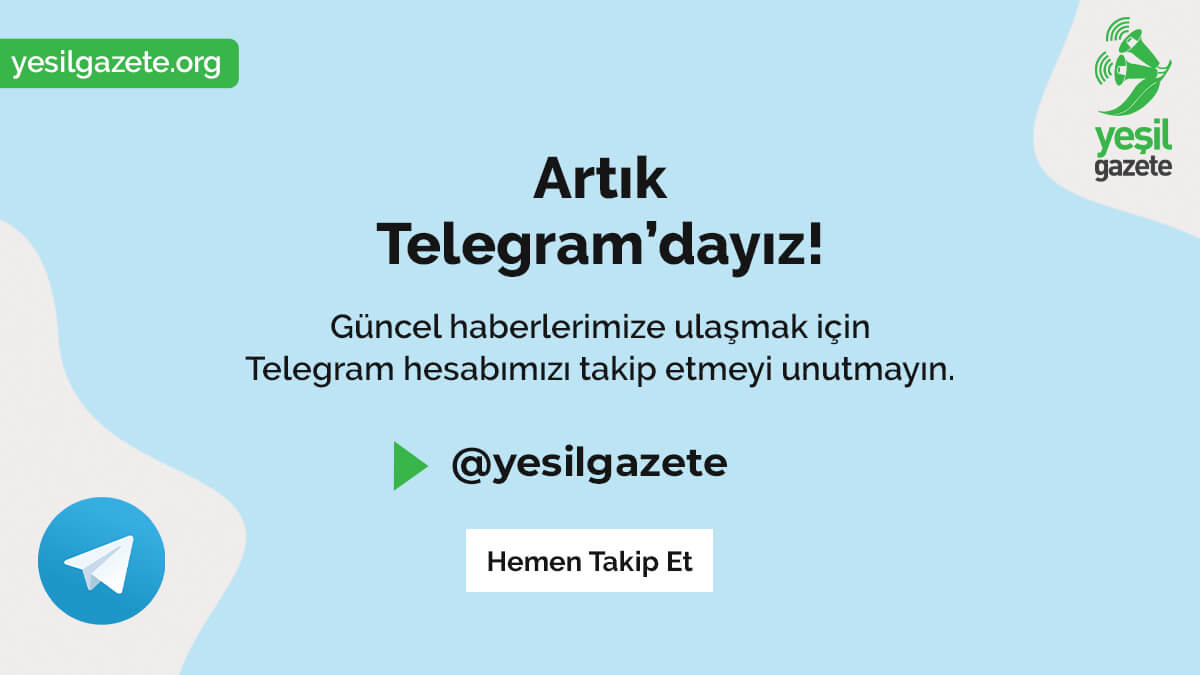
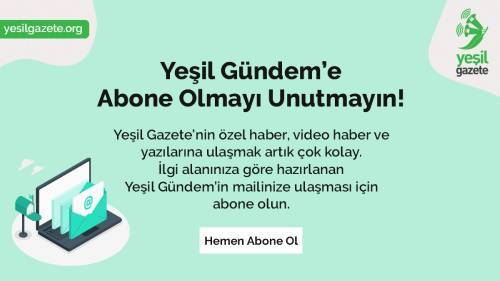
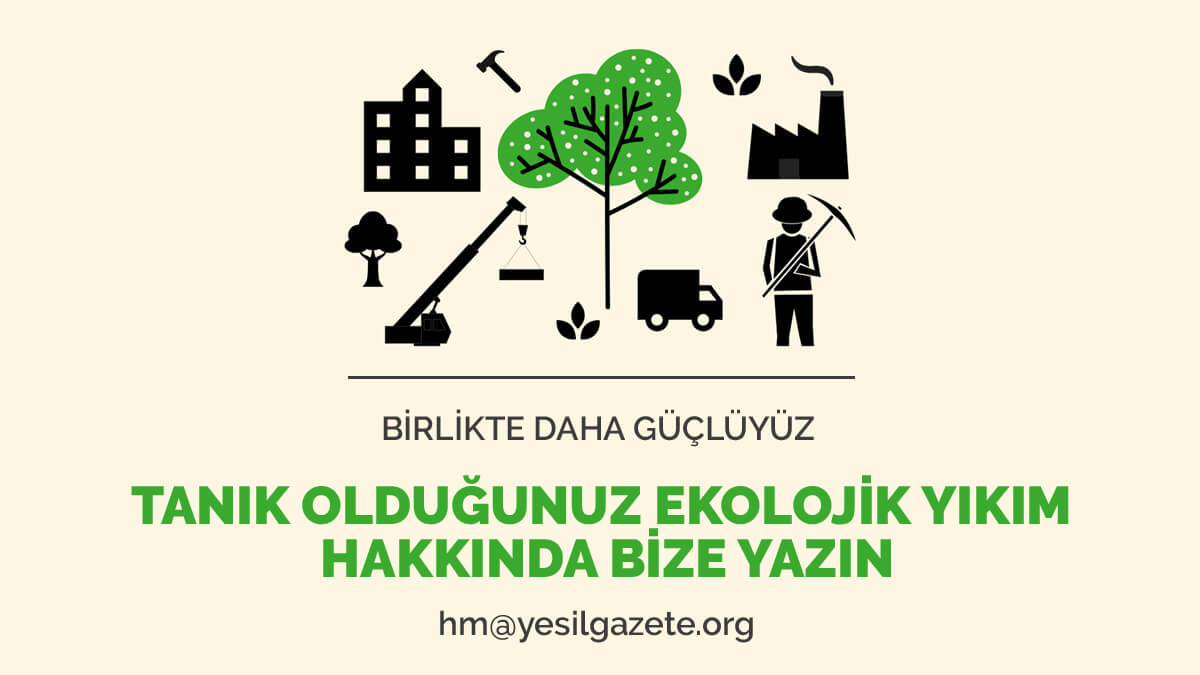

Comments